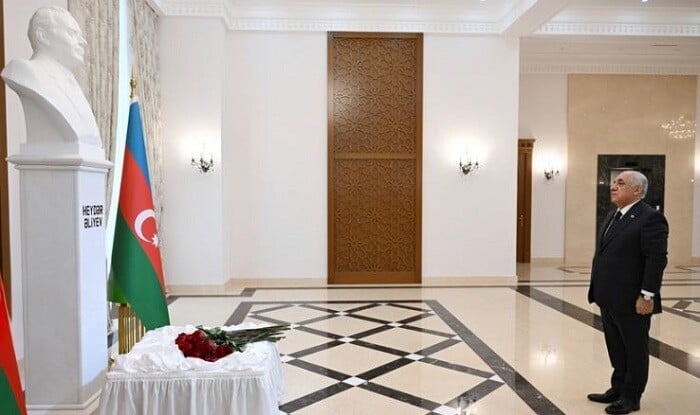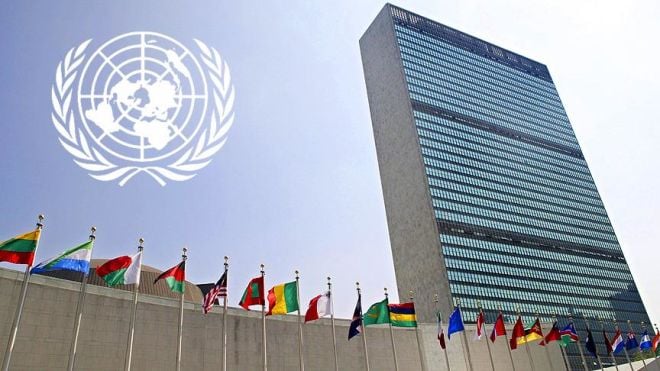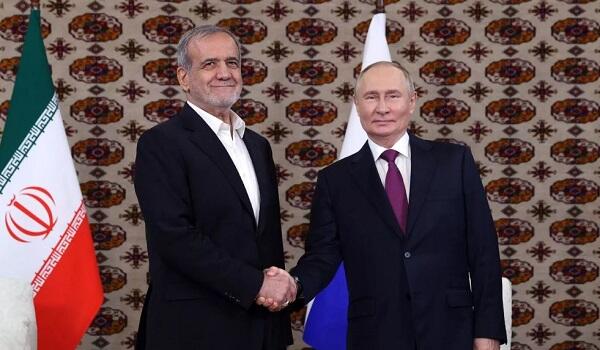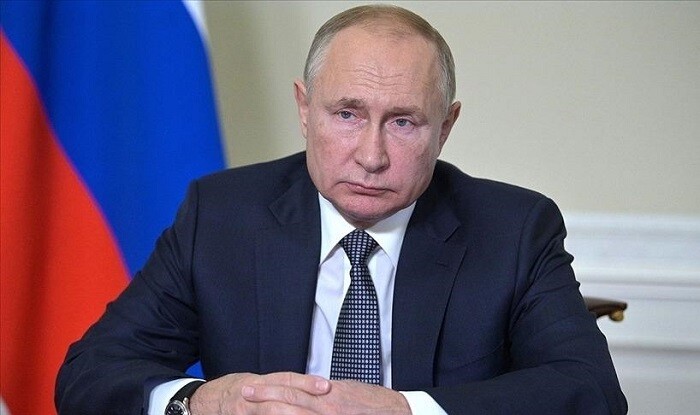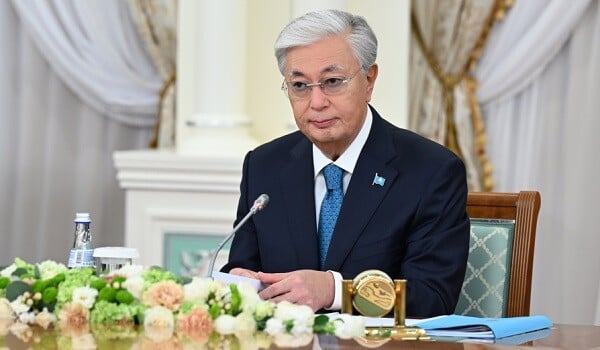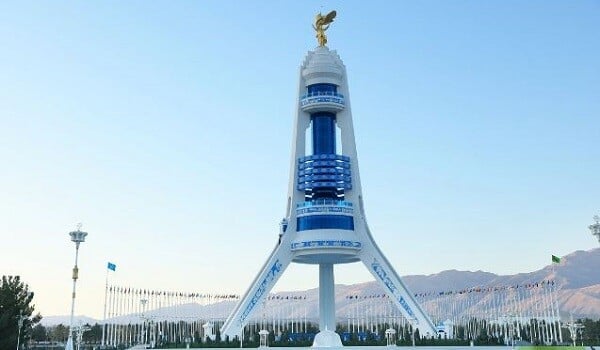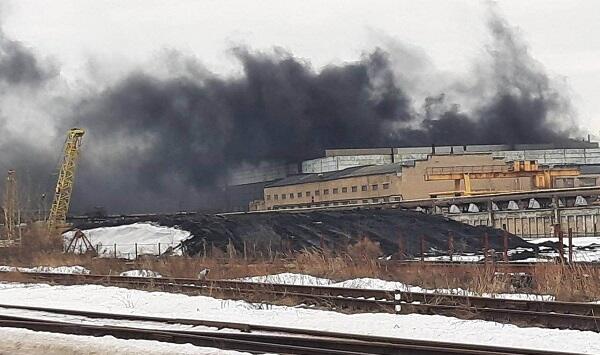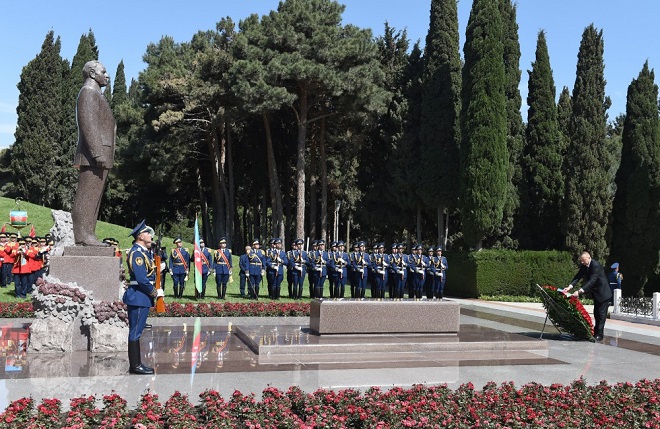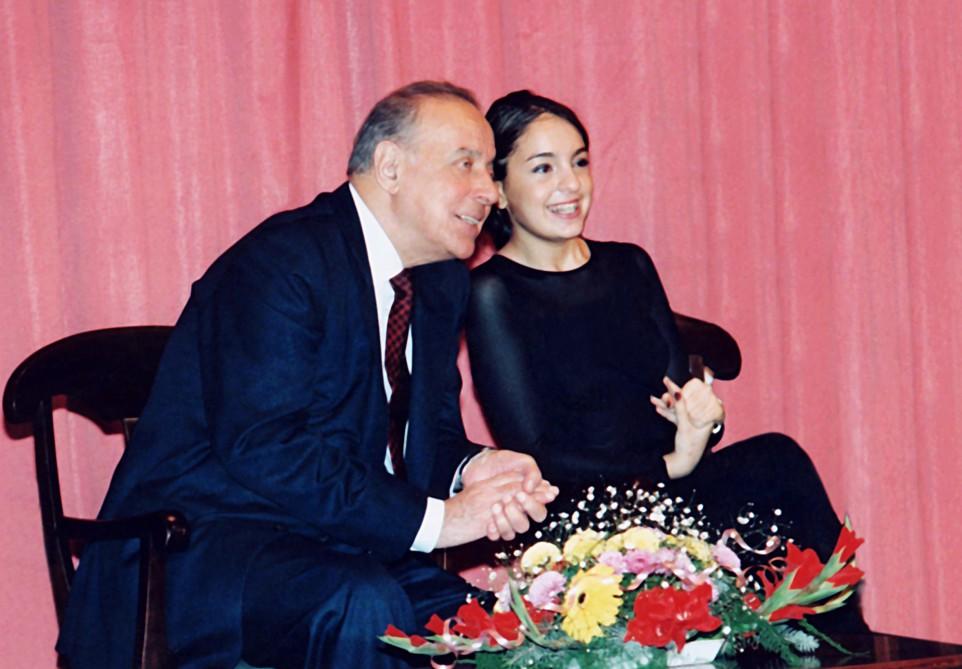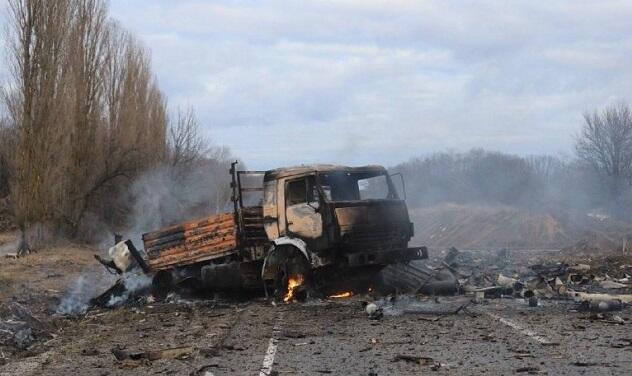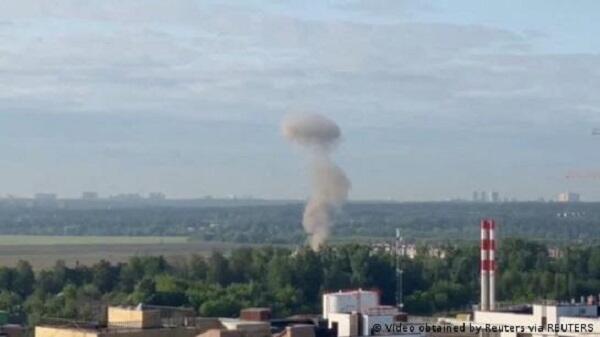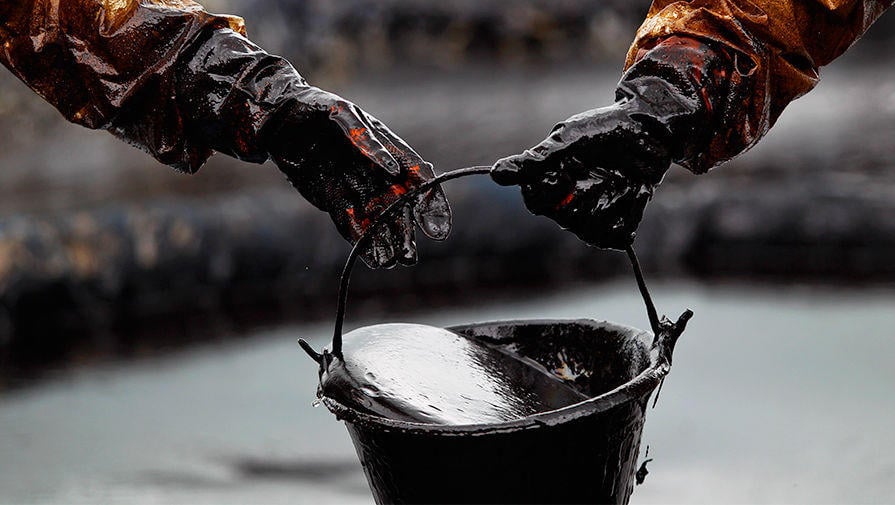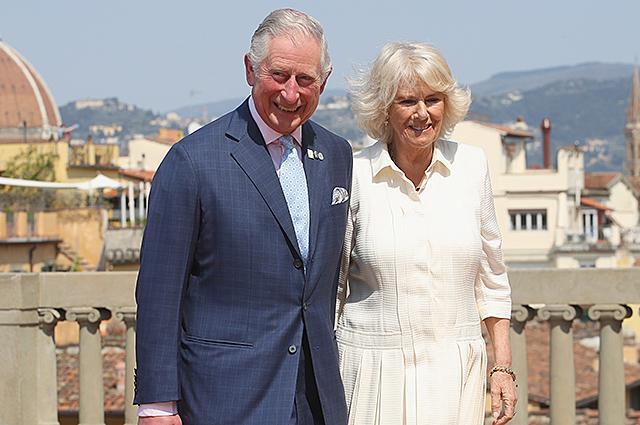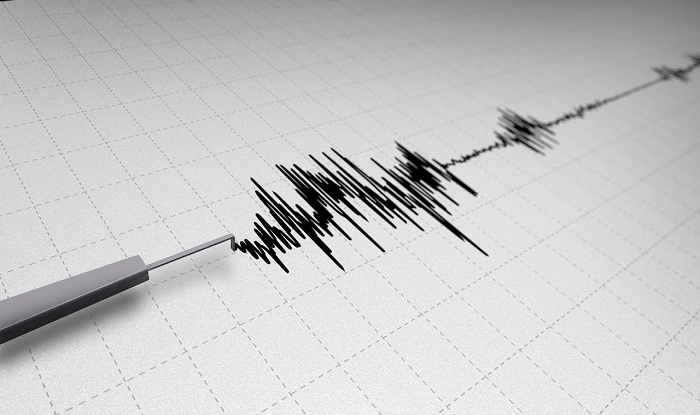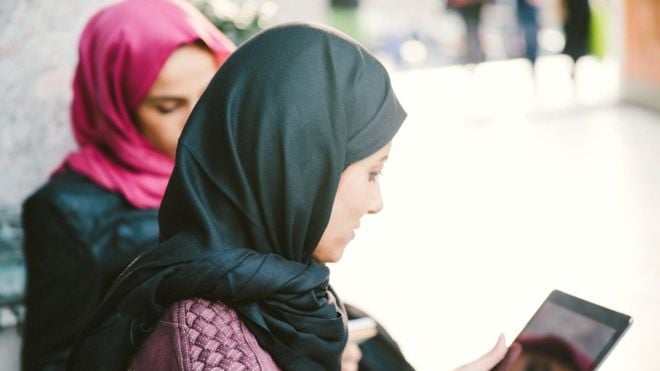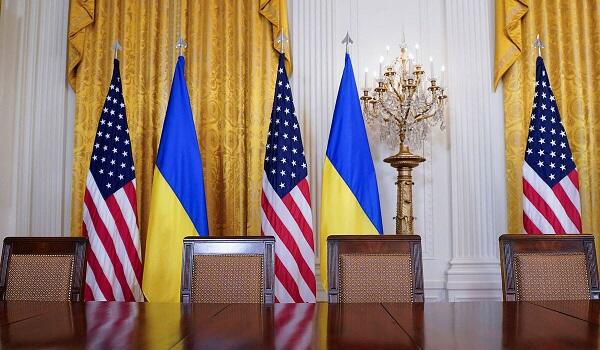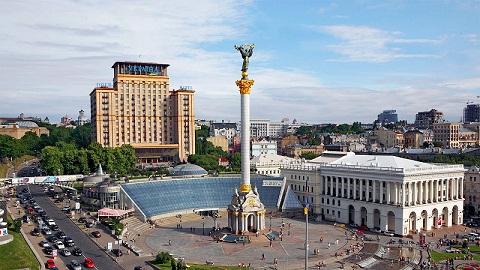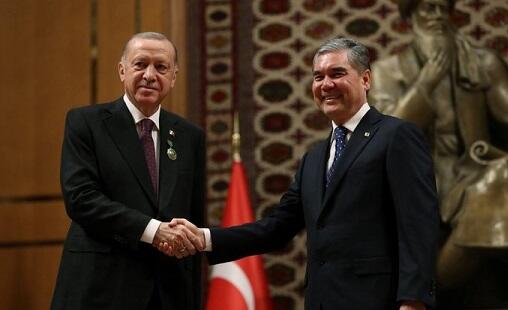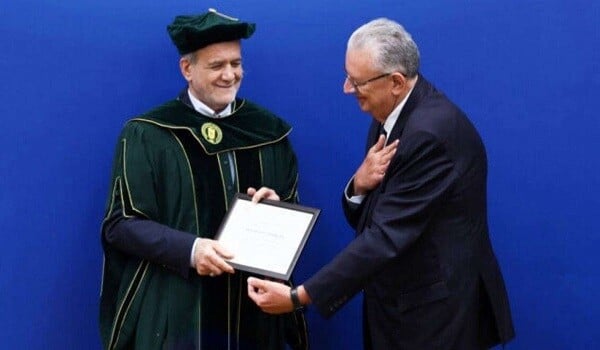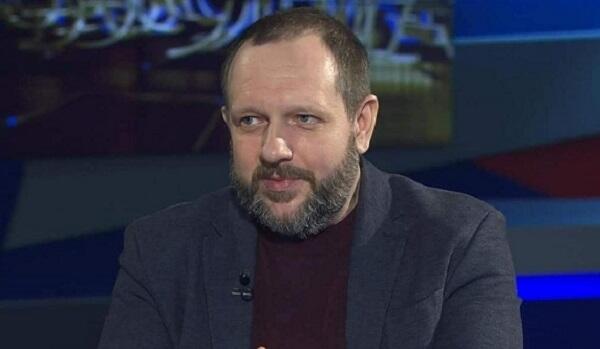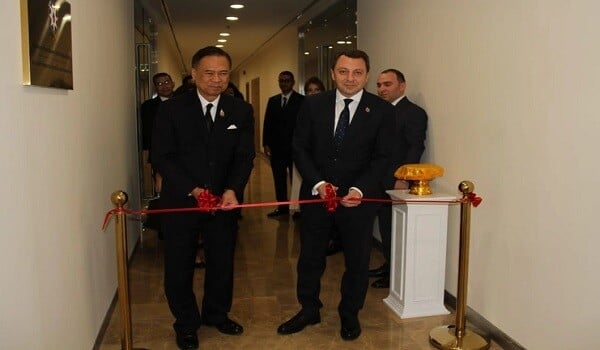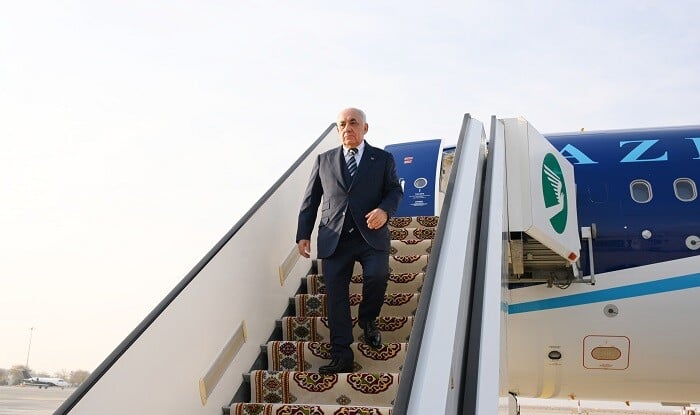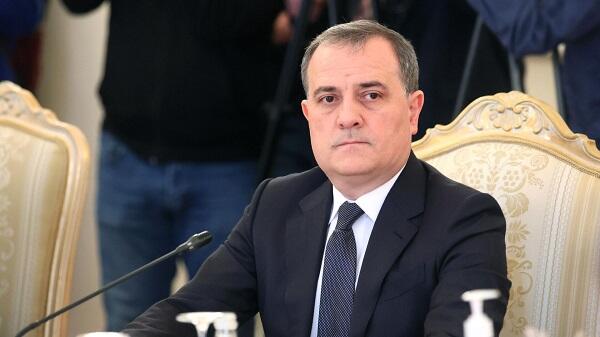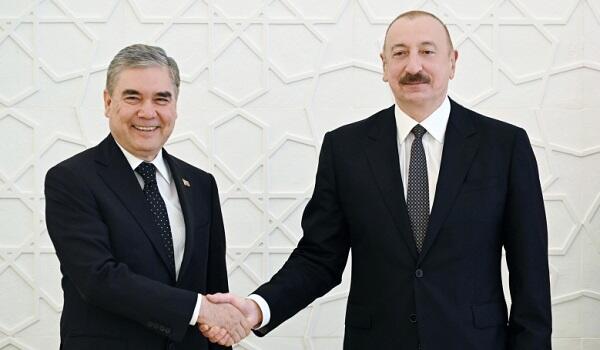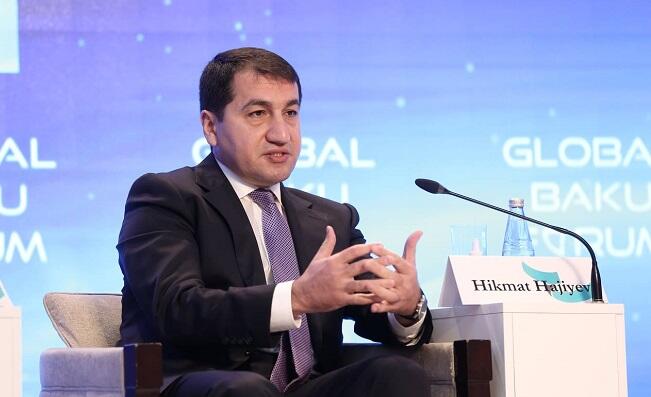Axar.az presents the interview with Vitali Arkov, a South Caucasus expert and Russian political scientist:
- The situation in the Middle East has sharply deteriorated. Many countries are dissatisfied with Israel's policies and military actions. How do you think these processes will end?
- There is still a strong belief in the Middle East that Israel is a completely foreign artificial state in the region. Instead of reconciling with its neighbors, Tel Aviv's policies lead only to increased hostility, even hatred. This has especially intensified against the backdrop of military operations in Gaza. On one hand, Israel had a formal reason for this, as its relations with radicals in Palestine and regional countries were not good. Look, in February 2022, Moscow decided it could no longer tolerate the daily shelling of Donbas by neo-Nazis rooted in Ukraine, and in September 2023, Baku began to clear Karabakh—historically Azerbaijani territory—from armed groups supported by Yerevan. Israel has also started a similar process.
On the other hand, the actions of the Israeli army, which have led to the deaths of thousands of innocent Arab civilians who have considered Palestine their homeland since ancient times, have long surpassed all boundaries and increasingly resemble genocide. Israel has more enemies in the region than those with whom it has successfully engaged economically. One of its irreconcilable enemies was Iraq. Israel could not handle this alone, but its significant influence over the U.S. political leadership allowed it to achieve this through others. Currently, Iraq is nominally a state largely controlled by various foreign forces and even terrorist groups. It can be assumed that this time Israel hopes to implement a similar scenario regarding Iran. The only country it can manage is Lebanon, and by aggressively targeting this state, Tel Aviv is attempting to drag Tehran into a large-scale military conflict. Israel presents itself as a victim to provoke "big brother" America into action.
The presidential election in the U.S. is approaching. Considering the differing approaches of the candidates (Harris and Trump) to this region, how will U.S. policy towards the Middle East change?
- Traditionally, the Republican Party has had closer ties with Tel Aviv. Notably, this is also the case with Riyadh, but as they say, that's a completely different story. It is clear that Israel's actions are currently "feeding the mill" of the Republican election campaign, as they hope to maximize the benefits from Trump’s “second coming” to the White House. Regardless of whether Harris or Trump wins, the U.S. will avoid direct military conflicts to restore its global hegemony and will utilize other methods. Initially, they will draw on the outcomes of the Biden administration's actions. Without significant financial expenditure: EU countries will be forced to provide assistance to Ukraine again, and in exchange for concessions regarding Taiwan, a segment will be allocated for China in Europe, which is already well established in Belarus, Serbia, and Hungary. The "rehabilitation" of Lebanon will be entrusted to the Arab League, and so on.


